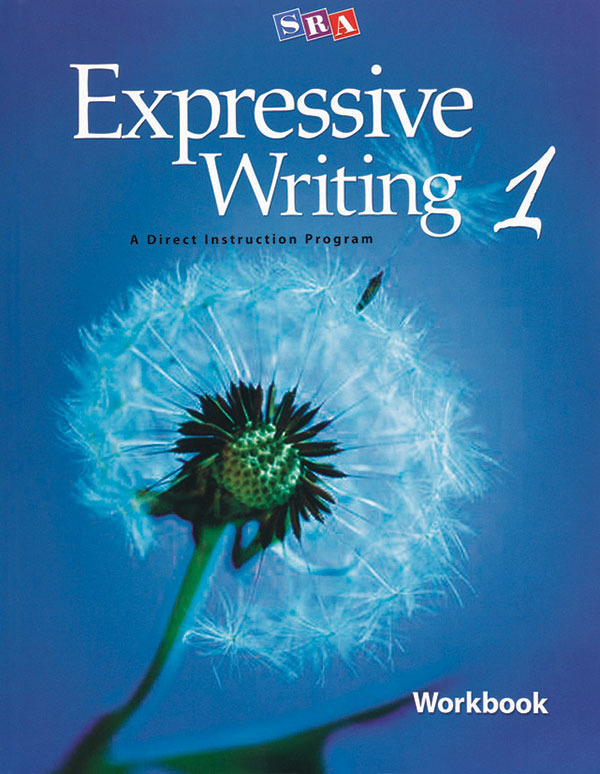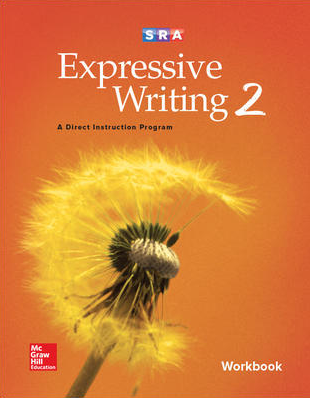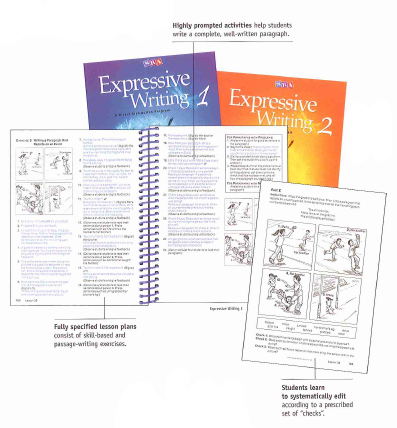Expressive Writing focuses on helping students express ideas through sentence, paragraph and story writing, with clear articulation of precisely what the writer wants to say.
In every lesson, content is focused on four instructional strands:
1. Mechanics
2. Sentence Writing
3. Paragraph and Story Writing
4. Editing
Students learn to write with structure, coherence, unity, the correct grammar and punctuation.
Expressive Writing lessons solely focus on closing the writing skills gap for struggling learners in a quick and efficient manner. Sequenced instruction, a cumulative check system and built-in mastery tests place students where they need to be, moves them from skill to skill dependent on their learning pace and permits rapid evaluation of progress, which reduces teacher time.

Which Students Should Use Expressive Writing?
The programme is split into two component strands and are earmarked for students with specific learning needs:
Expressive Writing 1 is for students who need to learn to:
- Plan what they say
- Write complete and coherent sentences and paragraphs
- Edit individual and peer work Expressive
Writing 2 is for students who are ready to learn to:
- Write and punctuate compound and complex sentences
- Use varied sentence types
- Structure paragraphs with a topic sentence, supporting details and a conclusion
- Edit work for punctuation, tense agreement and unclear pronouns
- Revise to improve structure, coherence and clarity

Components
For Teachers:
- Presentation Book
- Teacher Guides 1 & 2
For Students:
- Workbooks 1 & 2

